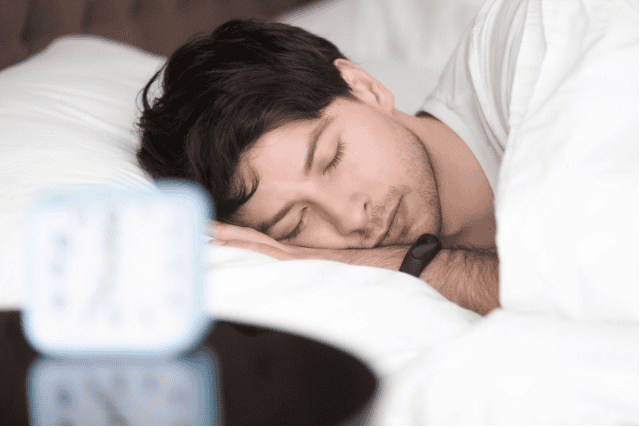
Inaccurate data and score obsessions could lead to unneeded anxiety.
Sleep tracking can help you determine if you’re getting a good night’s rest, but it might exacerbate your problems in some circumstances. Scientists talking to the New York Times have warned that sleep tracker apps and devices can worsen insomnia both through inaccurate data and by making your anxieties that much worse. In a study, for instance, it led to people both spending too much time in bed (to boost their sleep stats) and reporting non-existent conditions that resulted in wasted treatment.
This doesn’t mean the devices tend to be unreliable, and manufacturers have unsurprisingly rushed to defend their products. Fitbit’s Dr. Conor Heneghan claimed that few users deal with serious sleep anxiety, and that the tracking data could stress the effects of consistent sleep schedules and harmful habits. They can also pinpoint heart rates and movement associated with different sleep stages.
However, they’re still not as accurate as people — Fitbit’s own study showed matches between its trackers and medical equipment just 70 percent of the time versus 90 percent for humans. And without regulation or standards, the results you get could vary from one device to the next. While the data can still be useful, you may want to take it with a grain of salt or even avoid sleep tracking altogether.


